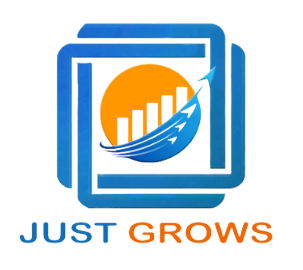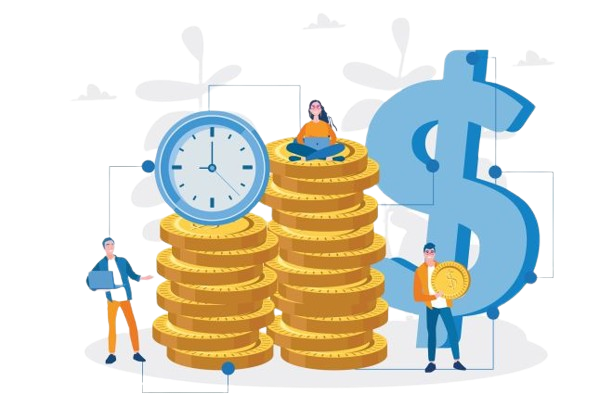Digital Marketing has never disappointed any industry. It has brought maximum benefits to several business owners at a price they can afford.
Let’s Take An Example Of A Fitness Professional
A fitness professional can utilize every constituent of digital marketing to its fullest.
Let’s See How:
SEARCH ENGINE OPTIMIZATION: He/she can get high rank of his/her fitness training center by through Keyword Optimization
PAY PER CLICK ADVERTISING: During vacations, he/she can grab more customers by running paid Ad Campaigns on Google
EMAIL MARKETING: Can showcase his/her business to more and more trainees by sending them mails
SOCIAL MEDIA MARKETING: He/she can optimize profile on Social Media and Run Paid Ad Campaigns
CONTENT MARKETING: Can spread fitness awareness to people by the help of blogs, videos, e-books books to promote your business


